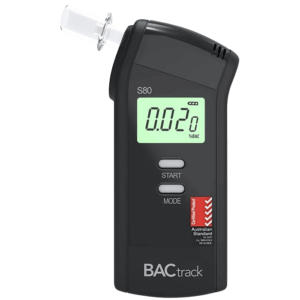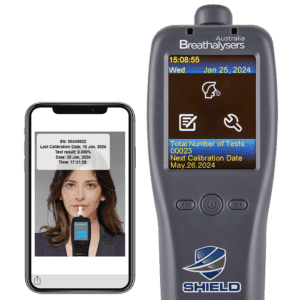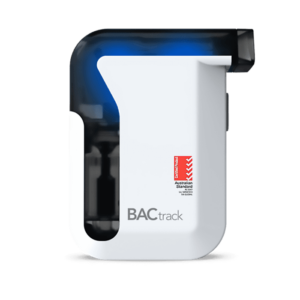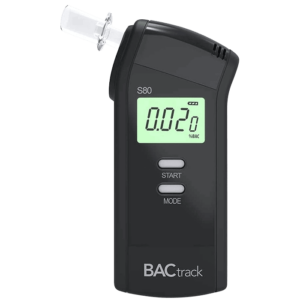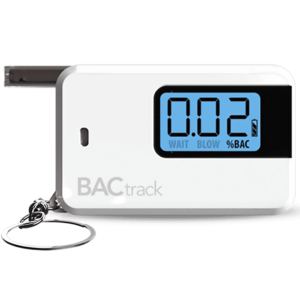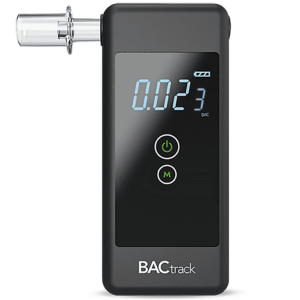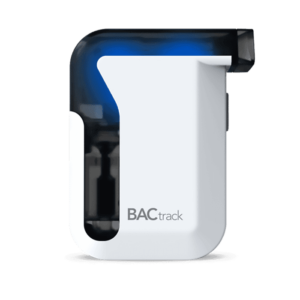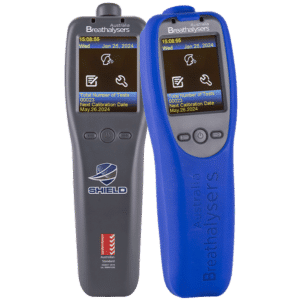Low Range PCA: Definition, Legal Implications, & Consequences
07 March, 2024
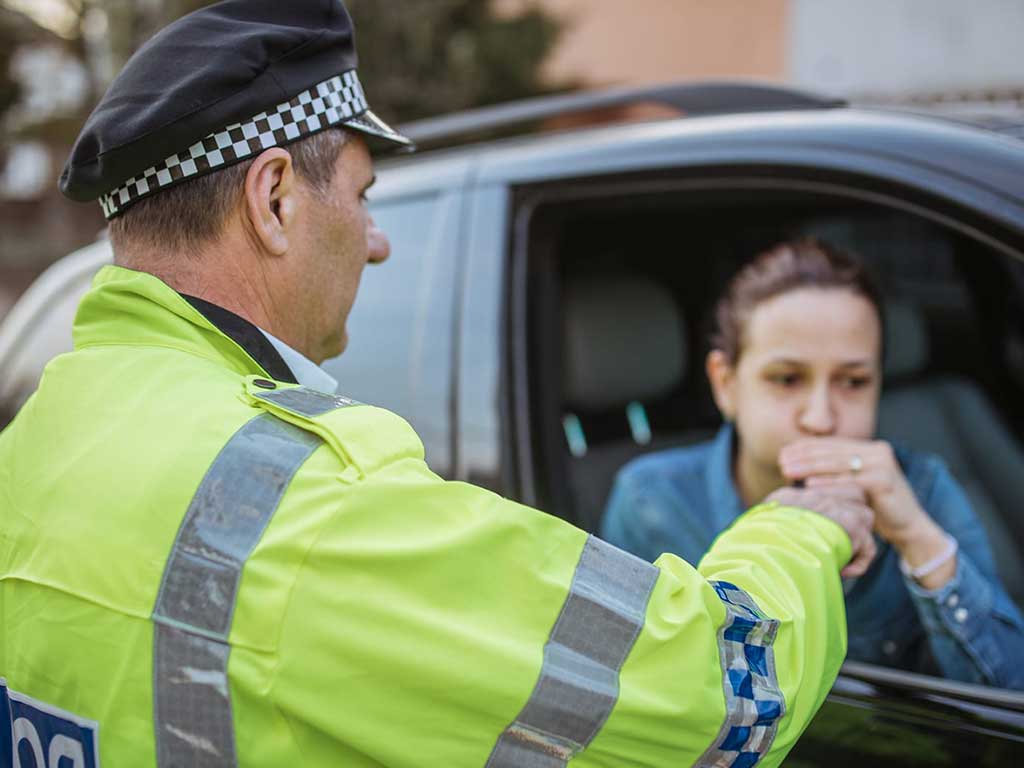
Driving under the influence of alcohol is an offence that can have lasting consequences, like fines and licence suspensions. Hence, following traffic laws and rules on the legal limit is crucial. The Prescribed Concentration of Alcohol (PCA) ranges from low to high. A low-range PCA is a Blood Alcohol Concentration (BAC) level of 0.05% to 0.079%. This is above the legal blood alcohol limit for all drivers, which means that the driver violated drink driving laws.
Although New Zealand does not have provisions on specific low to high PCA, Australia does. There are various testing methods for the BAC, including using breath samples, blood samples, urine samples, and oral fluid samples. If caught with a BAC level above the legal limit, the individual may contact legal professionals for reliable advice. This article will present information on low-range drink driving, its legal implications, and the penalties and consequences.
What is a Low-Range PCA?
It is illegal for individuals to drive motor vehicles if their BAC level is above the legal limit. The reason is that they pose a high risk of causing accidents, which can result in injuries or casualties. Hence, police officers conduct random breath tests on roads to identify drivers who are under the influence of alcohol.
A low-range PCA indicates the driver is above the full licence holder alcohol limit of 0.05% but below 0.08% BAC. It is the lowest violation, and following it, there are also mid-range PCA and high-range PCA. Furthermore, there are also special categories for novice range drink driving and special range drink driving.
Drinking and driving is a dangerous combination. It takes approximately two standard drinks for men and one standard drink for women to reach the legal limit. However, various individual factors can also affect this. Thus, it can help to use breath analysis devices, similar to those police officers use, to check if they are under the legal blood alcohol limit before driving. Alternatively, they may use a public passenger vehicle or assign a designated driver.
Understanding BAC Limits
- The BAC limit for most drivers is 0.05%. While a BAC of 0.05% or below can increase relaxation and confidence, exceeding it may also cause impaired judgment and increase the likelihood of aggressive driving.
- Learners or provisional licence holders, including those in alcohol interlock programs, should not have a BAC level above zero.
- For public passenger vehicle drivers, the limit may be at zero or 0.02%. However, this depends on the territory. Such vehicles include cabs and buses.
- Drivers of heavy vehicles or those carrying dangerous goods may also be subject to a 0.02% or zero legal blood alcohol limit.

Legal Implications for Low-Range PCA
There are several legal implications for drivers caught with low-range PCA. It is a drink driving offence that can have serious repercussions. Low-range drink driving is a major traffic offence that may appear on a criminal record. Hence, it is ideal to seek legal advice from lawyers when faced with this situation.
In some cases, a driver may receive an infringement notice. They may also face an immediate licence suspension. Legal professionals can help drivers charged with low-range offences help the individual reach a favourable outcome. This is particularly true if the person must attend a court hearing for their drink driving charge.
There are various strategies a criminal defence lawyer can use, especially if they find a valid defence after learning about the subjective circumstances of their client. On the other hand, an experienced traffic lawyer can also negotiate a plea deal with the prosecution. This can help reduce the charges or penalties the driver will have to undergo.
Defence Against Charges
Having a solid defence against a drink driving charge is crucial when appealing. Hence, communicating with a criminal lawyer is essential when facing legal matters. A possible defence against a drink driving charge may involve challenging the accuracy of the breath test result from the breath analysis device.
They may also point out procedural errors in the police investigation. In some cases, they may also try to affirm that the individual had no intention to drive. However, it can be challenging to prove that an individual in the driver seat had no intention or made no attempt to put the vehicle in motion.

Penalties and Consequences for Low-Range PCA
A first-time low-range drink driver may face several penalties, including fines, demerit points, and licence disqualification. A penalty notice fine may cost several hundred dollars. In particular, the cost is $603 in some jurisdictions. Moreover, this can increase since the maximum court-imposed fine is $2200.
Furthermore, the minimum disqualification period for a first-time offence is three months, with the maximum period being six months. However, a subsequent offence could have an unlimited period of disqualification. In addition, demerit points can vary depending on the state. Although some will issue 10 demerit points, other states may not for a first-time offender.
However, it is crucial to note that subsequent offenders may face heavier penalties even for low-range PCA offences. For example, the maximum imposed fine can increase to $3300. Additionally, these drivers may be subject to a mandatory interlock program. These penalties can have severe consequences on the financial and social aspects of the individual. They may also face reputational damage, leading to loss of employment and reduced freedoms due to their traffic record.
Conditional Release and Interlock Devices
A conditional release order may be offered to first-time offenders of low-range offences. This means that the individual will not have a criminal conviction recorded against them if they comply with certain conditions. These conditions can include attending a drink-driving education program or undergoing alcohol rehabilitation.
For subsequent low-range drink driving offences, drivers are typically required to install an interlock device in their vehicle. This device measures their BAC percentage and prevents them from driving if they are over the legal drink driving limit. However, the individual must shoulder all the costs to install the device and enter the alcohol interlock program.
Conclusion
A low-range PCA offence is one of the types of drink driving charges that a person can face. It means that the BAC level of the individual was between 0.05% and 0.079% during the time of testing. It is considered a major offence that can have repercussions, such as fines and a six-month disqualification period. This traffic offence will also appear in the criminal record, which can affect employment opportunities.
Hence, it can help to contact a criminal law firm to defend against a wrongful drink driving charge or help the individual navigate the legal matter. Some may even manage to get a conditional release or non-conviction order, which entails attending traffic offender programs and undergoing alcohol rehabilitation. To avoid drink driving, individuals may use personal breathalysers, like the BACtrack devices here at Breathalysers New Zealand, to measure the BAC before driving.



















